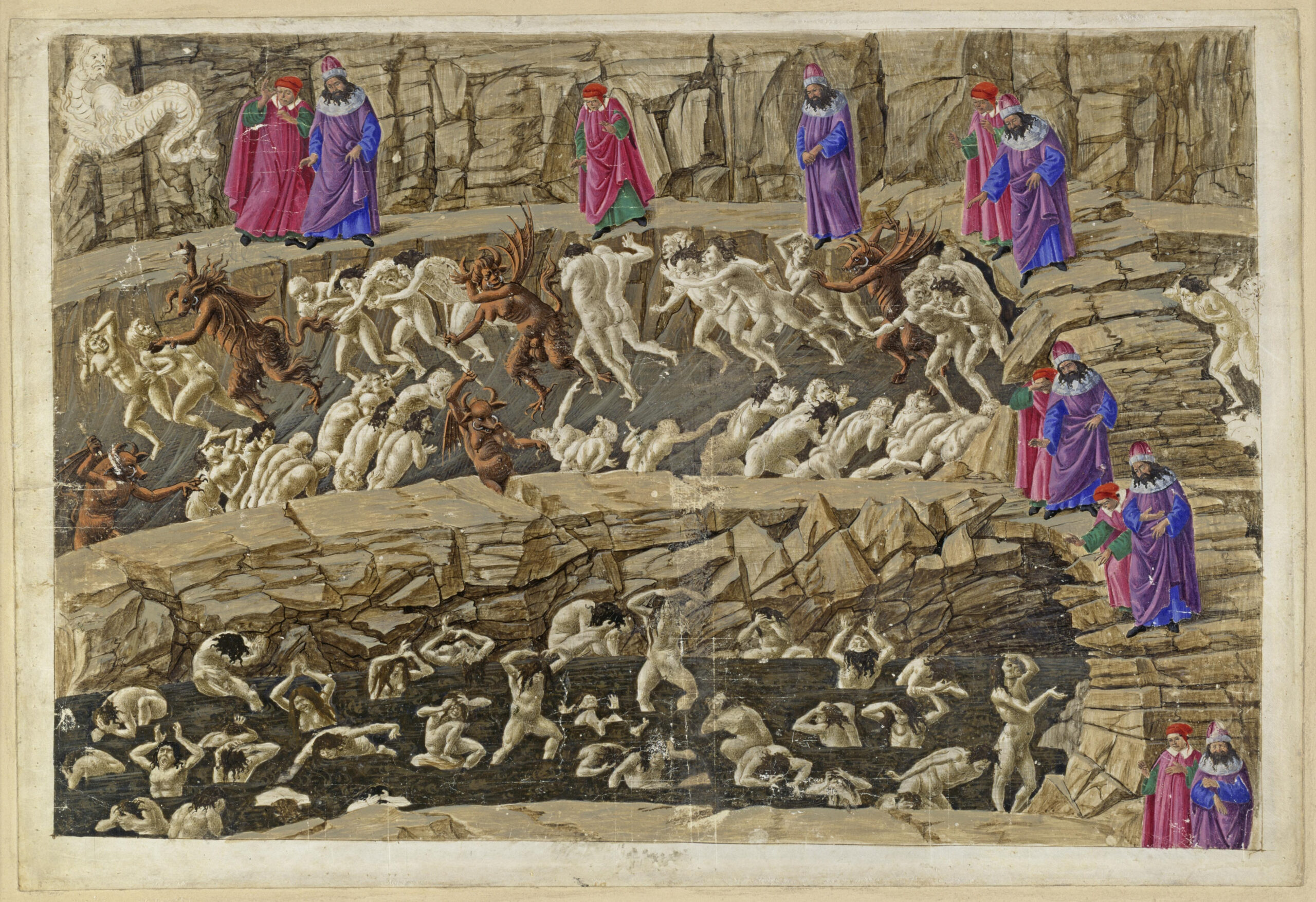It is not difficult to trust God when the waves of life are calm. But too often, we abandon ship when the waves threaten to overwhelm us. As Thomas à Kempis explains here, we must part with worldly comfort if we are to become true lovers of Christ. Only then, can our souls remain tranquil even amidst the darkest storms.
It Is Easy to Rejoice in Times of Joy
It is not hard to despise all human comfort when we have divine. But it is much, and very much, to be able to want all comfort, both human and divine; and to be willing to bear this interior banishment for God’s honor, and to seek one’s self in nothing nor to think of one’s own merit. What great thing is it if thou be cheerful and devout when grace comes! This hour is desirable to all. He rides at ease that is carried by the grace of God. And what wonder if he feel no weight who is carried by the Almighty, and led on by the Sovereign Guide?
Learning to Part with Comfort
We willingly would have something to comfort us, and it is with difficulty that a man can put off himself. The holy martyr Lawrence overcame the world with his Prelate, because he despised whatever seemed delightful in this world, and for the love of Christ he unrepiningly suffered the high priest of God, Sixtus, whom he exceedingly loved, to be taken away from him. He overcame, therefore, the love of man by the love of the Creator; and instead of the comfort he had in man he made choice rather of God’s pleasure. So do thou also learn to part with a necessary and beloved friend for the love of God. And take it not to heart when thou art forsaken by a friend; knowing that one time or other we must all part.
A True Lover of Christ
A man must go through a long and great conflict in himself before he can learn fully to overcome himself, and to draw his whole affection towards God. When a man stands upon himself he is easily drawn aside after human comforts. But a true lover of Christ, and a diligent pursuer of virtue, does not hunt after comforts, nor seek such sensible sweetnesses, but is rather willing to bear strong trials and hard labors for Christ. Therefore, when God gives spiritual comfort, receive it with thanksgiving, but know that it is the bounty of God, not thy merit.
Be not puffed up, be not overjoyed, nor vainly presume, but rather be the more humble for this gift and the more cautious an fearful in all thine actions; for this hour will pass away and temptation will follow. When comfort shall be taken away from thee, do not presently despair; but wait with humility and patience for the heavenly visit, for God is able to restore thee a greater consolation. This is no new thing, nor strange to those who have experienced the ways of God: for the great saints and ancient prophets have often felt this kind of variety.
Remaining Steadfast In Moments of Despair
Hence one said, at the time when grace was with him: “In my abundance I said I shall never be moved.” (Ps. 29:7). But when grace was withdrawn he immediately tells us what he experienced in himself: “Thou turnedst away thy face from me and I became troubled.” (Ps. 29:8).
Yet in the meantime he despairs not, but more earnestly prays to the Lord, and says: “To thee, O Lord, will I cry, and I will make supplication to my God.” (Ps. 29:9). At length he receives the fruit of his prayer, and witnesseth that he was heard, saying, “The Lord hath heard me, and hath had mercy on me: The Lord became my helper.” (Ps. 29:11). But in what manner? “Thou hast turned for me,” says he, “my mourning into joy, and thou hast compassed me with gladness.” (Ps. 29:12).
If it has been thus with great saints, we that are weak and poor must not be discouraged if we are sometimes fervent, sometimes cold, because the Spirit comes and goes according to His own good pleasure. Wherefore holy Job says: “Thou visitest him early in the morning, and thou provest him suddenly.” (Job 7:18).
Trusting In God Alone
Wherein then can I hope, or in what must I put my trust, but in God’s great mercy alone, and in the hope of heavenly grace? For whether I have with me good men, or devout brethren, or faithful friends, or holy books, or fine treatises, or sweet singing and hymns, all these help little, and give me but little relish, when I am forsaken by grace and left in my own poverty. At such a time there is no better remedy than patience and self-denial under the will of God.
Temptation Follows Consolation
I never found anyone so religious and devout as not to have sometimes a subtraction of grace, or feel a diminution of fervor. No saint was ever so highly rapt and illuminated as not to be tempted sooner or later. For he is not worthy of the high contemplation of God who has not, for God’s sake, been exercised with some tribulation. For temptation going before is usually a sign of ensuing consolation. For heavenly comfort is promised to such as have been proved by temptation. “To him that overcometh,” saith Our Lord, “I will give to eat of the tree of life.” (Apoc. 2:7).
Now divine consolation is given that a man may be better able to support adversities. And temptation follows that he may not be proud of it. The devil never sleeps, neither is the flesh yet dead: therefore thou must not cease to prepare thyself for battle, for on the right hand, and on the left, are enemies that never rest.
Practical Reflections
As we approach to God by faith, and not by the senses, and as faith of itself is dry and obscure, we must not be surprised if we sometimes experience dryness and desolation, and at other times consolation and joy. All consists in receiving consolation with humility, and in supporting desolation with fortitude and courage. Silver and gold, says the Wise Man, are tried in the fire; and souls, before they can become worthy of being admitted to an intimate friendship with God, are tried in the furnace of the most painful and humiliating tribulations. Humble, then, thy heart, under the all-powerful hand of God, and bear with patience the trials of the Lord, who, by the temptations which we resist, makes us little humble, and dependent upon Him, and would have us, in imitation of the holy martyrs, love Him in suffering, suffer in loving Him, and honor His greatness by our entire destruction of self-love.
Prayer
How happy are we, O Jesus, when we experience no pleasure nor satisfaction but in Thee. But how much more so when, although we receive neither consolation nor delight nor sensible gratification in Thy service, we still, in spite of all disgust, persevere in our spiritual exercises faithful to Thy grace. It is thus, O God, we prove that we love Thee for Thyself; that we seek not human comfort, but to please Thee; and that, dying to self-satisfaction, which is the natural life of the heart, we make it our delight to please Thee and our true satisfaction to sacrifice our own for Thy love. It is just, O Lord, that I should prefer Thy holy will to my own inclinations, and that I should serve Thee more for Thyself than from any selfish motive. This I desire, O Jesus; but do Thou give me courage to accomplish it, and grant that henceforth I may prefer submission to Thy good pleasure before every other consolation. Amen.
ooo
This article is taken from a chapter in The Imitation of Christ by Thomas à Kempis which is available from TAN Books.









